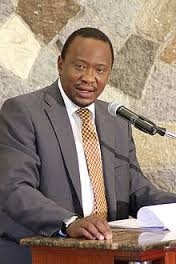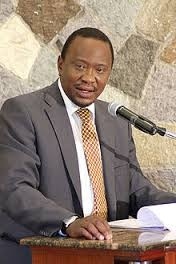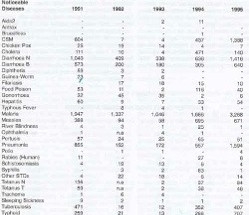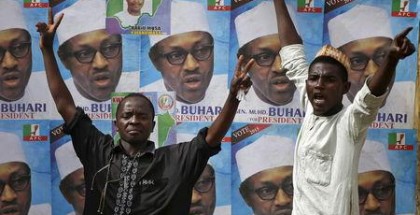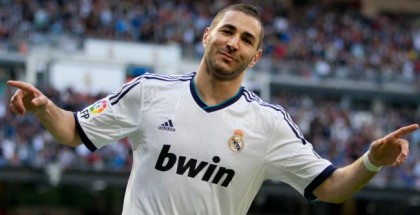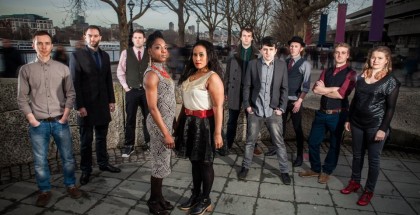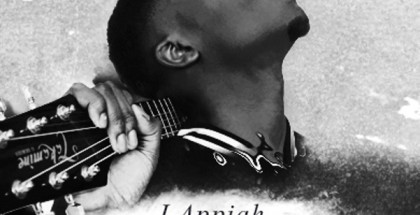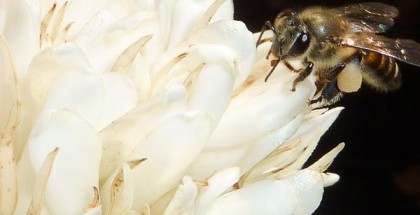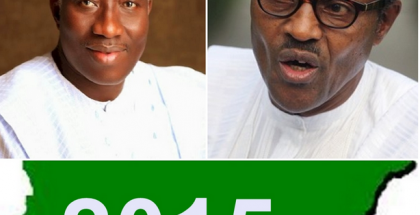Kenyatta’s election Victory – Time Mag ponders On the effects
konknaijagirl | On 10, Mar 2013
Uhuru Kenyatta, wanted by the International Criminal Court (ICC) for crimes against humanity, won election Saturday as Kenya‘s new President. The Independent Electoral and Boundaries Commission announced that Kenya’s richest man, the current Deputy Prime Minister and former Finance Minister, and the son of Kenya’s first President Jomo Kenyatta, won 50.07% of the vote — just marginally more than was needed to avoid a second round run-off. Kenyatta’s running mate Will Ruto, a second of the four Kenyans indicted by the ICC, is slated to become Deputy President. Turnout was a high 86%. With the margin of victory so thin, and the count plagued by days of delays and hundreds of thousands of spoiled ballots, Kenyatta’s main rival, Prime Minister Raila Odinga, has already said he will fight it in court.
If the result withstands Odinga’s challenge, a win for Kenyatta would represent the most stunning articulation to date of a renewed mood of self-assertion in Africa. Half a century ago, Africa echoed with the sound of anti-colonial liberation. Today, 10 years of dramatic and sustained economic growth and a growing political maturity coinciding with the economic meltdown in the West and political dysfunction in Washington and Europe, has granted Africa’s leaders the authority and means to once again challenge Western intervention on the continent, whether it comes in the form of foreign diplomatic pressure, foreign aid, foreign rights monitors or even foreign correspondents. In his victory speech, Kenyatta said: “Today, we celebrate the triumph of democracy; the triumph of peace; the triumph of nationhood. Despite the misgivings of many in the world, we demonstrated a level of political maturity that surpassed expectations. That is the real victory today. A victory for our nation. A victory that demonstrates to all that Kenya has finally come of age. That this, indeed, is Kenya’s moment.” He also pledged to work together with his political opponents with “friendship and cooperation.” “Kenya needs us to work together,” he said. “Kenya needs us to move on.” In a pointed warning to the international community, he added: “We expect the international community [to] respect the sovereignty and democratic will of the people of Kenya. The Africa star is shining brightly and the destiny of Africa is now in our hands.”
The ICC, based in The Hague, is a particular focus of African anger. The court accuses Kenyatta of being one of four Kenyans who orchestrated the bloody tribal violence which followed the last election in 2007-8. After paramilitary police loyal to the incumbent Mwai Kibaki — also from Kenyatta’s Kikuyu tribe — stormed the counting center, and shortly thereafter officials declared their candidate the winner, the country erupted in weeks of killing in which around 1,200 died and tens of thousands were displaced. The ICC intervened to try to bring those most responsible for the violence to account after concluding Kenya was unable to do so for itself
But the ICC’s focus on Africa — nearly all of its investigations concern Africans — has earned it accusations of bias. And the manner in which the 2007-8 tribal violence was beamed around the world by the Western media, deterring tourists and overshadowing the story of an increasingly less impoverished, and more healthy, sophisticated and self-reliant Kenya, also drew widespread resentment. At this election, with a new 2010 constitution, and a new electoral body with a new — though not glitch-free — electronic voting system, Kenyans’ determination to hold a peaceful election has been palpable. The popular mood has also been notably anti-Western. Foreign diplomats have been warned of blood-curdling revenge should they interfere in the poll. Foreign journalists have been publicly ridiculed and denounced as prejudiced if they predicted chaos and disaster. And a central message of most candidates’ campaigns was strident, patriotic self-determination. Kenyatta and Ruto — who deny the charges brought by the ICC — managed to convert a Kenyan public that initially largely supported the ICC’s attempts to call them to account into one that viewed the ICC as a representative of unwarranted Western interference in African affairs. In the last days of the campaign, Kenyatta’s Jubilee Alliance reflected and heightened the anti-West mood, saying it was “deeply concerned about the shadowy, suspicious and rather animated involvement of the British High Commissioner in Kenya’s election.” Such assertions of sovereignty are only likely to intensify under a Kenyatta presidency. Ruto’s trial is due to begin on May 28, Kenyatta’s on July 9. Both men have said they will attend — a point Kenyatta repeated Saturday when he said his government would “continue to cooperate with international institutions.” Kenyatta has, however, said that his official duties would prevent their pair from being at The Hague continually — a pointed diluting of the court’s importance, and one that will likely drag out trials already expected to last several years.

